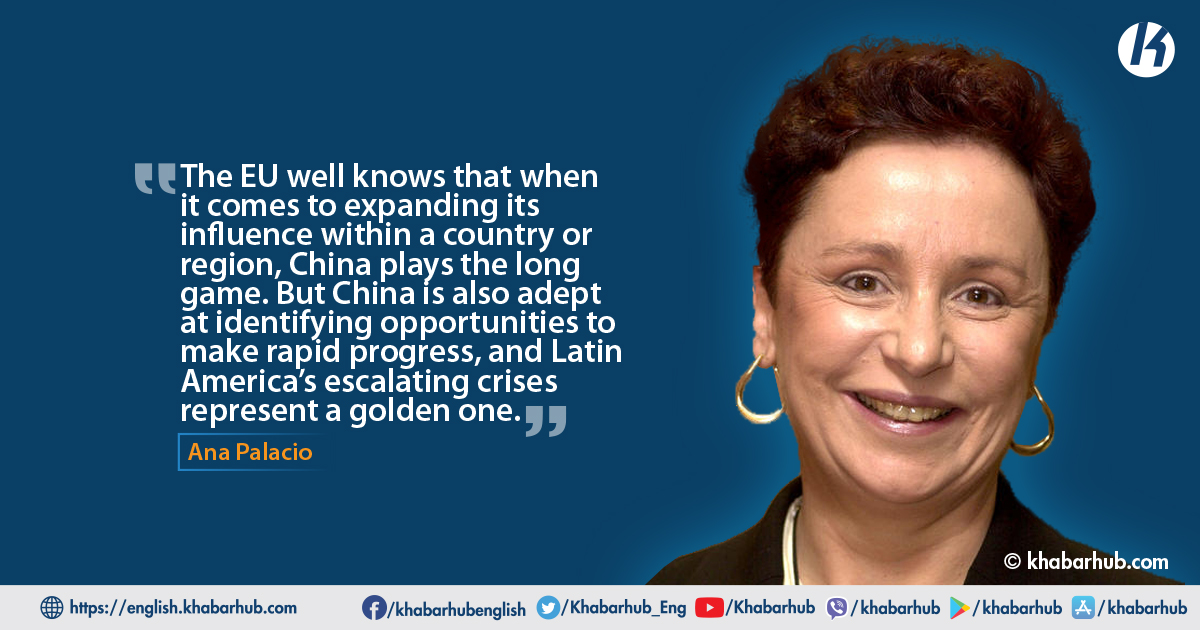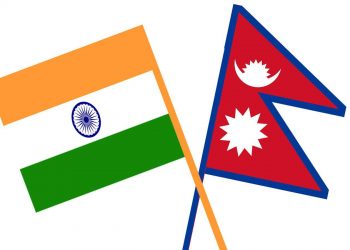Thousands of Cubans took to the streets last weekend to protest food and medicine shortages – the biggest display of dissent seen in the country in decades.
And Cubans are not alone: across Latin America, social, political, and economic crises are intensifying, with dire consequences. The European Union needs to start paying attention.
Throughout the region, economies have been gradually weakening, and populism has been gaining momentum, for quite some time. But the COVID-19 crisis has plunged Latin America into its worst economic recession in a century.
By gutting the middle class, the pandemic has increased inequality in what was already the world’s most unequal region. Now, one-third of Latin Americans are living in extreme poverty ($1.90 per day or less, according to the World Bank definition).
It might seem inappropriate, even dismissive, to discuss Latin America as a single entity, given the region’s vast socioeconomic diversity. But there is considerable overlap in terms of the challenges its countries face.
The bloc’s Latin America policy began essentially as an afterthought. It was only after the accession of Spain and Portugal in 1986 that something akin to a focused regional policy came into being. But, 35 years later, the policy remains embryonic.
From Chile and Ecuador to Venezuela and Peru, populations are grappling with their national identities. Amid rampant corruption and state capture, Latin Americans lack trust in their institutions – a trend that has contributed to the collapse of traditional political parties and a surge of populist outsider candidates. Democratic backsliding and disillusionment are rife.
To reverse these trends, the region needs deep structural change. And it is incumbent on the international community – especially the United States and the EU – to help.
During the Cold War, Latin America was often treated as a pawn on the global geopolitical chessboard. To a significant extent, this remains the case today, though it is now China, not the Soviet Union, that is competing with the US for influence.
In fact, China has worked hard in recent years to re-orient Latin America’s trade away from the US, and is now set to become Latin America’s main trading partner by 2035.
And yet, even as Latin America has been manipulated and used by great powers, it has also been an influential global actor in its own right.
Accounting for nearly half the delegations at the Bretton Woods Conference in 1944, the region played an important role in laying the foundations of the liberal world order.
More recently, Latin America was a driving force behind the adoption of landmark international agreements, from the 2030 Agenda for Sustainable Development to the Paris climate agreement. And the region is home to many economies that, just a few years ago, were being hailed for their vast growth potential.
EU trade policy now upholds stringent environmental and labor standards. This, together with the bloc’s new strategy for financing the transition to a sustainable economy, means that the pact is unlikely to move forward without new provisions and conditionality.
Between the problematic legacy of foreign intervention in Latin America and the region’s vast economic and diplomatic potential, there is no shortage of compelling reasons why the international community, especially the wealthy Western democracies, should be helping it to overcome the cascade of challenges it faces. Yet that simply has not happened – and Western neglect is particularly glaring in the case of the EU.
The bloc’s Latin America policy began essentially as an afterthought. It was only after the accession of Spain and Portugal in 1986 that something akin to a focused regional policy came into being. But, 35 years later, the policy remains embryonic.
The European Commission proudly proclaims that the EU is Latin America’s most important development partner. That is a significant overstatement.
Consider the fate of the EU’s free-trade agreement with the Mercosur bloc (Argentina, Brazil, Paraguay, and Uruguay).
The deal, signed in 2019 as part of a broader Association Agreement between the two regions, inspired high hopes. More than 90% of tariff barriers were to be reduced over the course of a decade.
Alas, the agreement was never ratified. Instead, it has been put on hold over environmental concerns – in particular, the destruction of the Amazon in Brazil.
EU trade policy now upholds stringent environmental and labor standards. This, together with the bloc’s new strategy for financing the transition to a sustainable economy, means that the pact is unlikely to move forward without new provisions and conditionality.
Of course, there is good reason for this: sound management of natural resources is essential to long-term prosperity.
Nonetheless, Europe can ill afford to ignore Latin America’s strategic importance, or take for granted Mercosur’s interest in the deal, which took 20 years to negotiate, especially given China’s efforts to consolidate its presence in the region. After all, environmental concerns are not going to stop China.
But China is also adept at identifying opportunities to make rapid progress, and Latin America’s escalating crises represent a golden one. The region needs help from somewhere. If the EU doesn’t act quickly to provide it, China will.
The most recent EU Council Conclusions reflect Europe’s recognition that it needs to boost its global engagement. “A Globally Connected Europe,” as the document is called, “invites” the Commission and the high representative for foreign affairs and security policy, Josep Borell, to “identify and implement a set of high impact and visible projects and actions globally.” But while multiple Asian countries are highlighted, Latin America is a footnote.
The Conclusions also make no mention of China. But this is not a case of neglect: countering China is the principal motivation behind the document’s recommendations.
The same is true of the EU Strategy for Cooperation in the Indo-Pacific, which also avoids any explicit mention of China.
The EU well knows that when it comes to expanding its influence within a country or region, China plays the long game.
But China is also adept at identifying opportunities to make rapid progress, and Latin America’s escalating crises represent a golden one. The region needs help from somewhere. If the EU doesn’t act quickly to provide it, China will.
(Ana Palacio, a former minister of foreign affairs of Spain and former senior vice president and general counsel of the World Bank Group, is a visiting lecturer at Georgetown University)
Copyright: Project Syndicate








Comment